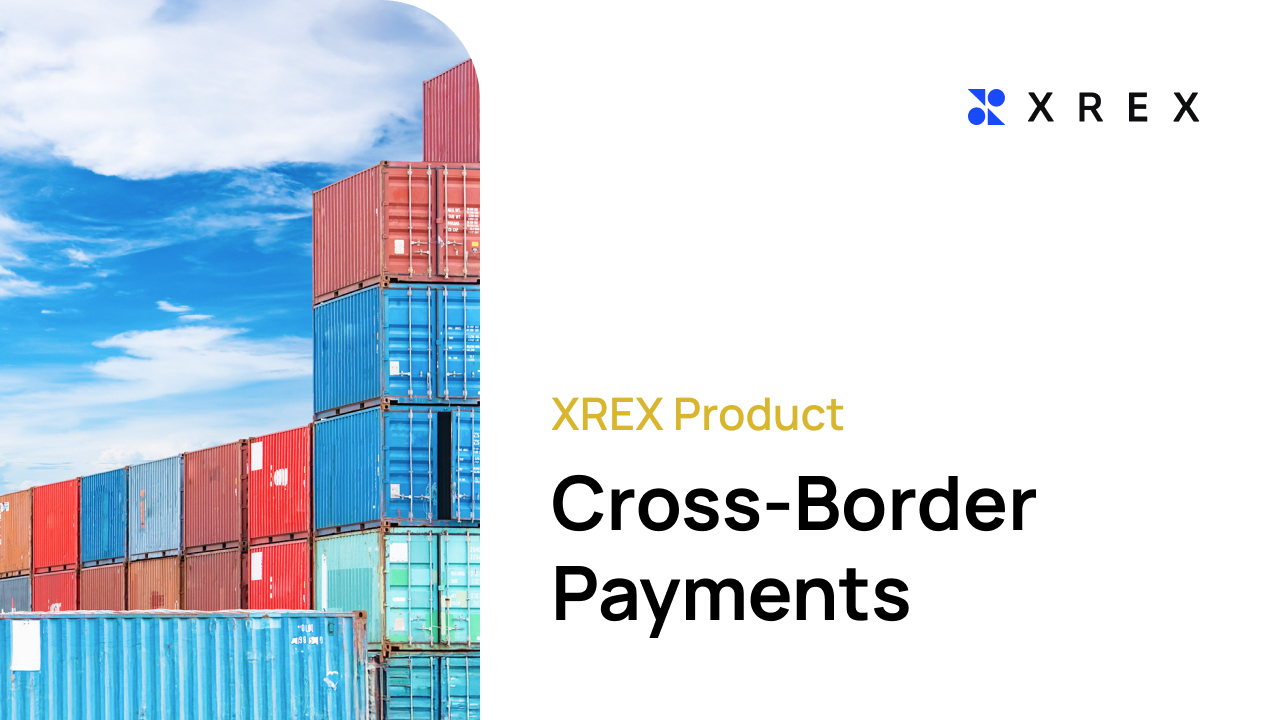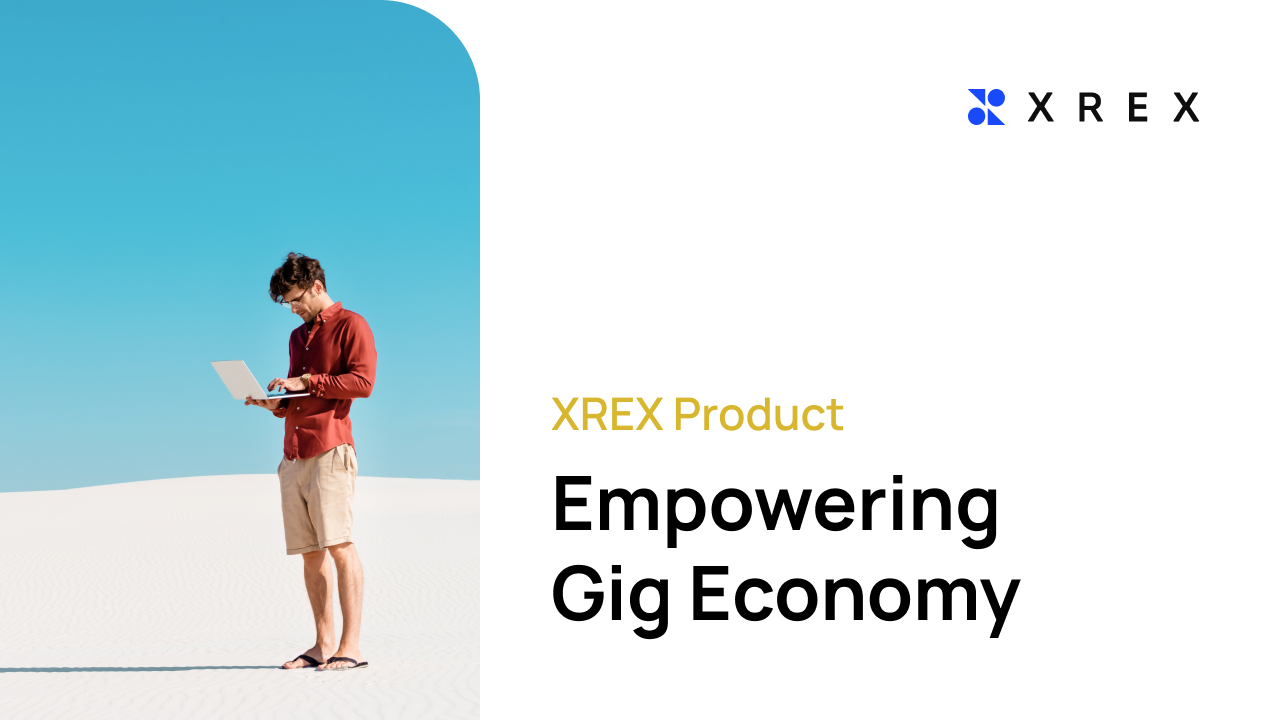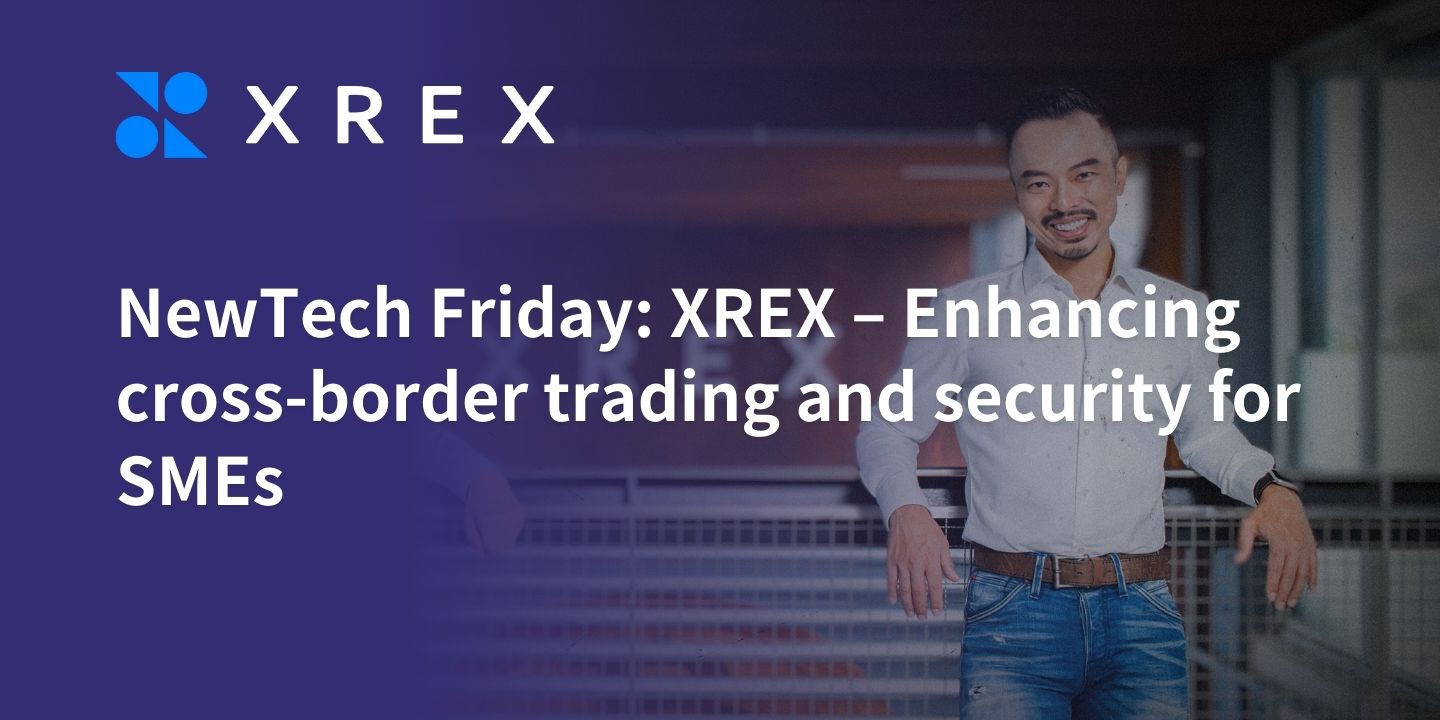
Overview
Global trade is accelerating, with cross-border payment flows projected to surpass USD $290 trillion by 2030 (McKinsey Global Payments Report). Yet for importers and exporters—especially small and mid-sized enterprises (SMEs)—managing international payments remains a daily struggle.
Lengthy settlement cycles, unpredictable costs, and the challenge of accessing USD in certain markets are issues that continue to hinder trade efficiency. These frictions affect supply chains, cash flow, and the ability of SMEs to compete on a global stage.
The Challenge
Importers sourcing goods from overseas suppliers often face long delays when sending money abroad. International transfers typically pass through multiple intermediaries, which creates uncertainty regarding when suppliers will actually receive funds. These delays not only slow down the shipment process but also put strain on supplier relationships, because partners expect faster and more predictable payments to secure orders.
For example, exporters who are mid-sized manufacturers in regions like Latin America, encounter similar challenges when collecting payments from international buyers. Incoming wires are frequently slow, subject to high banking fees, and exposed to unfavorable exchange rate movements.
In some cases, buyers struggle with limited USD availability in local markets, which leads to delayed payments and leaves exporters vulnerable to cash flow disruptions.
Common Pain Points for Importers and Exporters
- Settlement delays: Importers buying from global sourcing hubs in emerging markets often experience long waits when sending payments overseas, as funds move through multiple intermediary banks before reaching suppliers.
- High transaction costs: Exporters of agricultural products—such as coffee from Colombia or soybeans from Brazil—face heavy banking fees and FX spreads when collecting payments from international buyers, eroding already thin trade margins.
- Currency and liquidity constraints: Many SMEs must juggle payments in multiple currencies. Buyers and sellers in emerging markets may also struggle with limited USD availability, causing further disruption in trade flows.
- Strained trade relationships: Payment delays, high costs, and uncertainty, damage trust between importers and exporters, creating friction in global supply chains where reliability is critical.
The Solution: XREX Pay for Cross-Border Trade
XREX Pay operates under the Major Payment Institution (MPI) license issued by the Monetary Authority of Singapore (MAS), providing importers and exporters with enterprise-grade fiat and crypto settlement infrastructure that removes the friction of traditional cross-border payments.
- Real-time settlement with USDT: Payments that used to take several days through correspondent banks can now be completed within minutes on blockchain networks. Importers gain the ability to pay suppliers quickly and secure shipments without unnecessary delays.
- USDT standardization: By consolidating diverse fiat collections (e.g., USD, SGD) into USDT, XREX Pay enables exporters—such as Latin American agricultural producers shipping coffee or soybeans—to receive payments more efficiently and at lower cost, avoiding the burden of managing multiple currencies.
- On-demand liquidity: XREX Pay ensures consistent access to USD liquidity via USDT, even in markets where local banks face dollar shortages. This prevents payout disruptions and keeps trade flows stable across volatile regions.
- Regulatory assurance: Licensed as a Major Payment Institution (MPI) by the Monetary Authority of Singapore (MAS), XREX Pay provides the compliance foundation that importers and exporters need to operate securely at scale.
- Strategic backing: The world’s largest stablecoin issuer, Tether, is a major investor in XREX Group. This helps XREX Pay strengthen its credibility and provides access to cleaner, rigorously monitored stablecoin liquidity, minimizing AML risk in global transactions.
The Results: Faster, Cheaper, and More Reliable Trade Payments
Importers and exporters adopting XREX Pay unlock measurable advantages:
- Timely supplier payments: Importers can confirm payments in near real-time, accelerating shipment release and improving supplier relationships.
- Lower transaction costs: Exporters in Latin America, such as those sending goods like coffee or soybeans, can eliminate layers of intermediaries, thereby reducing banking fees and foreign exchange losses. More value reaches their businesses, strengthening margins.
- Efficient capital utilization: Standardizing flows in USDT reduces the need to park funds across multiple currency accounts, freeing up capital for reinvestment in trade operations.
- Resilience in emerging markets: With dependable access to USD liquidity, businesses can continue trading smoothly even in countries facing local banking limitations or dollar shortages.
- Strengthened global trust: Transparent, compliant, and stablecoin-powered settlements enhance reliability across supply chains, enabling importers and exporters to build stronger, long-term partnerships.
- Reduced compliance risks: Accessing rigorously monitored USDT through XREX Pay minimizes exposure to tainted funds, ensuring safer transactions and reinforcing AML safeguards.
If your business is looking to simplify global trade payments, contact XREX Pay Business Development Team to support you. With regulatory approval from MAS and backing from industry leader Tether, XREX Pay delivers the compliance, liquidity, and speed that importers and exporters need to stay competitive in a global market.
About XREX Group
XREX Group is a blockchain-enabled financial institution working with banks, regulators, and users to redefine banking together. We provide services to businesses in or dealing with emerging markets, and novice-friendly financial services to individuals worldwide.
Founded in 2018, XREX offers a full suite of services such as digital asset custody, wallet, cross-border payment, fiat-crypto conversion, cryptocurrency exchange, asset management, and fiat currency on-off ramps.
Sharing the social responsibility of financial inclusion, XREX leverages blockchain technologies to further financial participation, access, and education.
XREX Singapore operates under the Major Payments Institution (MPI) license issued by the Monetary Authority of Singapore (MAS). XREX Taiwan is a regulated VASP that completed its Compliance Declaration on Anti-Money Laundering (AML) with Taiwan’s Financial Supervisory Commission (FSC) in March 2022. It passed its AML registration with the FSC in September 2025, becoming one of nine approved VASPs.






